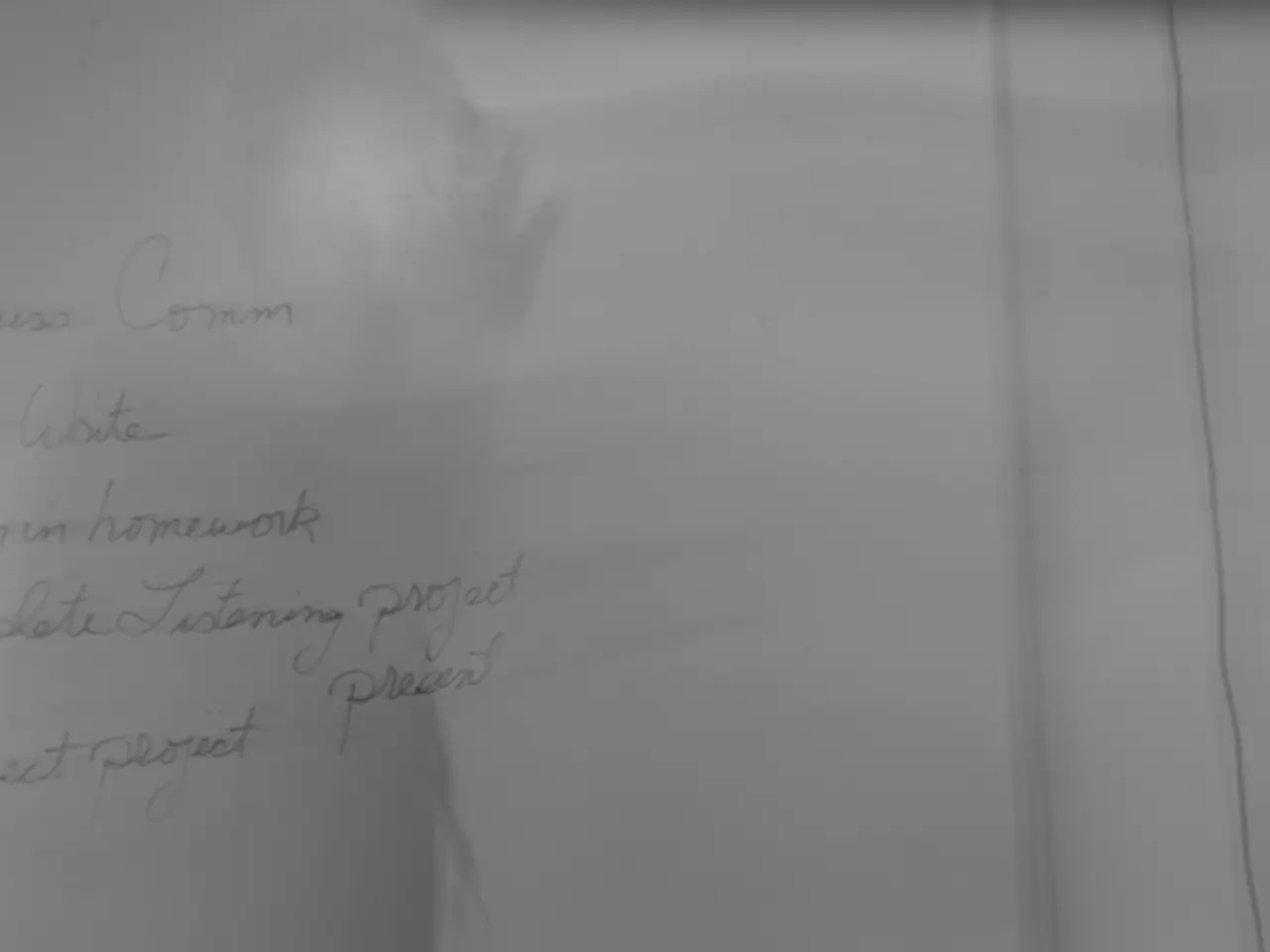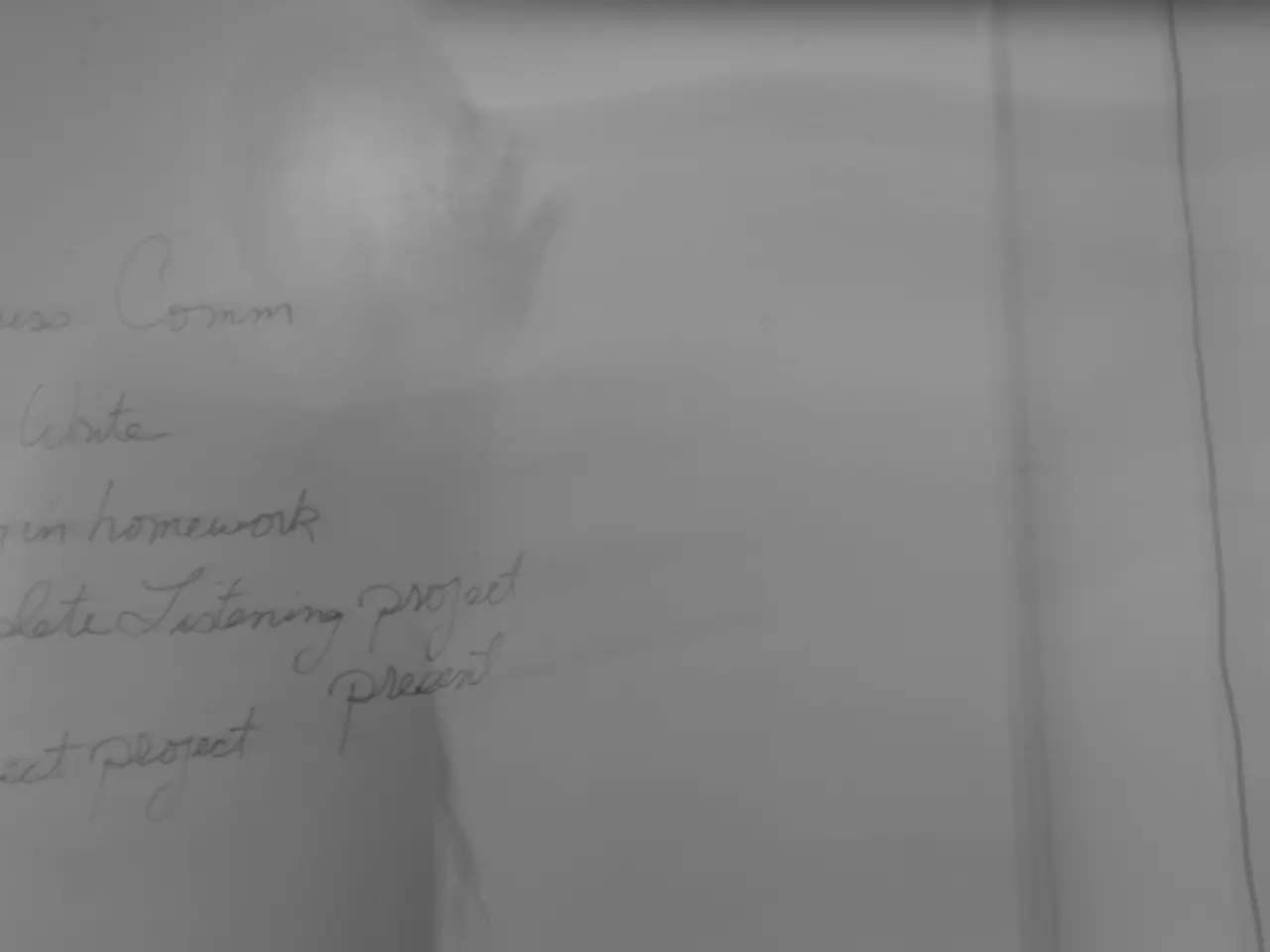Researcher Contests NIH's Cancellation of Funding, Launches Lawsuit
Fed Up Sci-Fi: A Professor Takes the NIH to Court Over Cancelled Grants
In the realm of science, it's been a chaotic year, with the National Institutes of Health (NIH) slashing funding for research projects left and right. Katie Edwards, a researcher at the University of Michigan, is fighting back, taking the NIH to court over their decision to cancel numerous grants. Find out why Edwards is taking action and what it could mean for the future of scientific advancement.
Behind the Courthouse Doors
Edwards, who specializes in studying interpersonal violence, is tired of watching crucial research2 vanish. In an exclusive interview with Host Flora Lichtman, she discusses her reasons for suing the NIH and the impact the cancelled grants have had on her work.
At the Heart of the Matter
The lawsuit revolves around the NIH's termination of hundreds of research grants, a move that critics argue violates the Administrative Procedure Act, the Fifth Amendment, and principles of separation of powers3. Furthermore, many argue that the NIH has been targeting grants involving gender identity, diversity, equity, and inclusion, which is discrimination, plain and simple.
The Current State of Play
In late June 2025, a federal judge, William G. Young of the U.S. District Court for the District of Massachusetts, ruled that the NIH acted unlawfully by cancelling the research grants and ordered the agency to restore them3. The ruling was a much-needed victory for researchers like Edwards, but it's not all smooth sailing yet. The Department of Health and Human Services is appealing the decision, maintaining that they ceased funding for research they view as prioritizing ideological agendas over scientific rigor3.
Awaiting Backup Funds
While the lawsuit rumbles on in the District of Massachusetts, researchers are left in a state of uncertainty, uncertain when they'll regain full access to their funding and continue their work without interruption. Some studies require regular follow-up with participants, and delays can compromise ongoing research3.
Looking Ahead
The outcome of Edwards' case will have far-reaching implications for the future of scientific research. If the NIH's decision to cancel grants is upheld, it sets a dangerous precedent that jeopardizes the integrity of scientific research and the health of our nation. Stay tuned for updates on this developing story, and join the fight for the future of science.
Sources:
[1] - New York Times
[2] - HuffPost
[3] - Science Magazine
[4] - Washington Post
[5] - ACLU
Sign Up For The Week In Science Newsletter
Keep up with the week's essential science news headlines, plus stories that offer extra joy and awe.
Subscribe
In the midst of the ongoing legal battle, Edwards, a professor specializing in medical-conditions like interpersonal violence, is advocating for the restoration of science funding that was unlawfully terminated by the NIH. The future of scientific advancement, particularly in areas perceived as ideologically driven, hinges on the resolution of this financial dispute.




